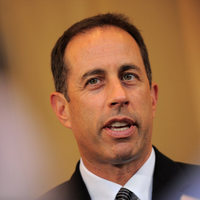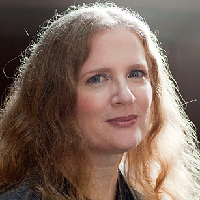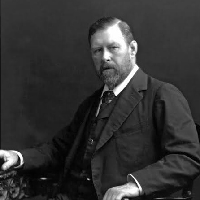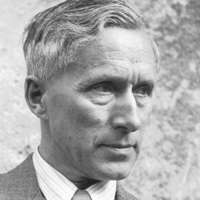Christopher Hitchens MBTI -Persönlichkeitstyp
Persönlichkeit
"Welcher Persönlichkeitstyp ist {profilename}? {profilename} ist ein {MBTI} -Persönlichkeitstyp in MBTI, {enneagram} - {iv} - {tritype} in EnneArgram, {big5} in Big 5, {socionics} in Socionics."
This is best read in conjunction with my post on Sam Harris: Most of Hitchen's arguments stem from a single focus: Implication. "If you believe in X, it means you must believe in Y as well and that event Z will happen" or something of that flavor. This is NiTe, it emphasizes what can be empirically provable and it uses insight to derive deeper meaning of what possessing a certain belief will entails now and in the future. Examples: Hitchens deconstructing the notion of vicarious redemption: https://www.youtube.com/watch?v=By9JJSVzlTw Hitchens referring to religion as being inherently totalitarian: https://www.youtube.com/watch?v=D5swU8lZiqM With that being said, Hitchens' weakpoint is his Tert-Fi, and Enneagram 1, which is a double-edged sword. They come into play when he needs to compare these standards to something he considers to be correct, in order to say that it is incorrect. He doesn't believe in the idea of moral relativism (I, as a 5, personally do) but failed to realize that the notion of moral objectivism is predicated on the existence of a being of absolute moral authority (e.g. God).
Biografie
Christopher Eric Hitchens (1949 – 2011) was an Anglo-American author, columnist, essayist, orator, religious and literary critic, social critic, and journalist. Hitchens was the author, co-author, editor or co-editor of over 30 books, including five collections of essays on culture, politics and literature. A staple of public discourse, his confrontational style of debate made him both a lauded intellectual and a controversial public figure.
Persönlichkeit correlate

J. K. Rowling
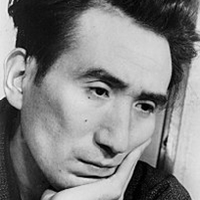
Osamu Dazai
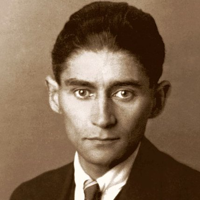
Franz Kafka

George R. R. Martin

Robert Greene

Sylvia Plath

Clarice Lispector
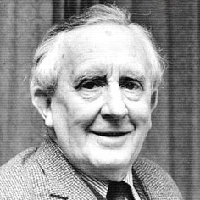
J. R. R. Tolkien

